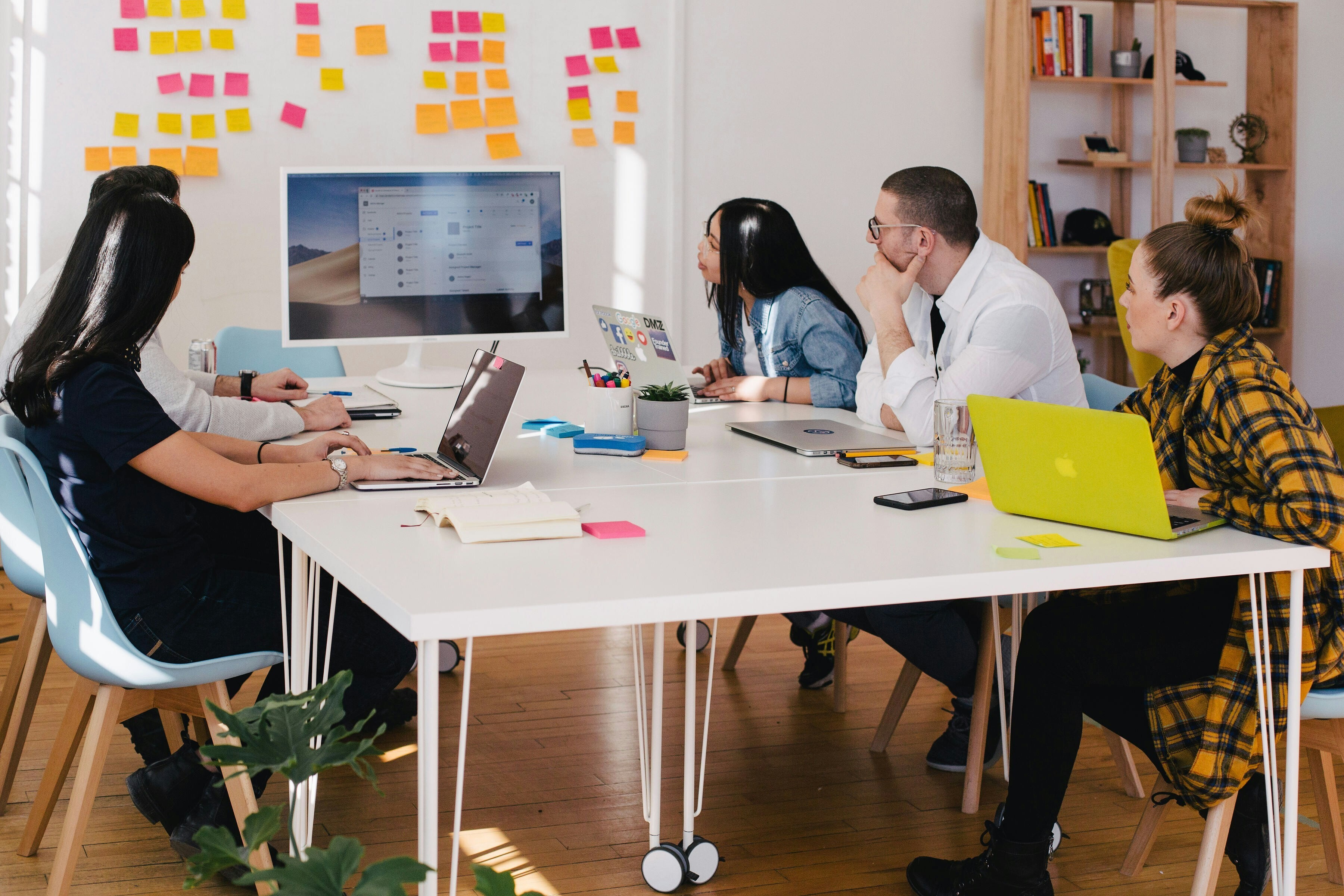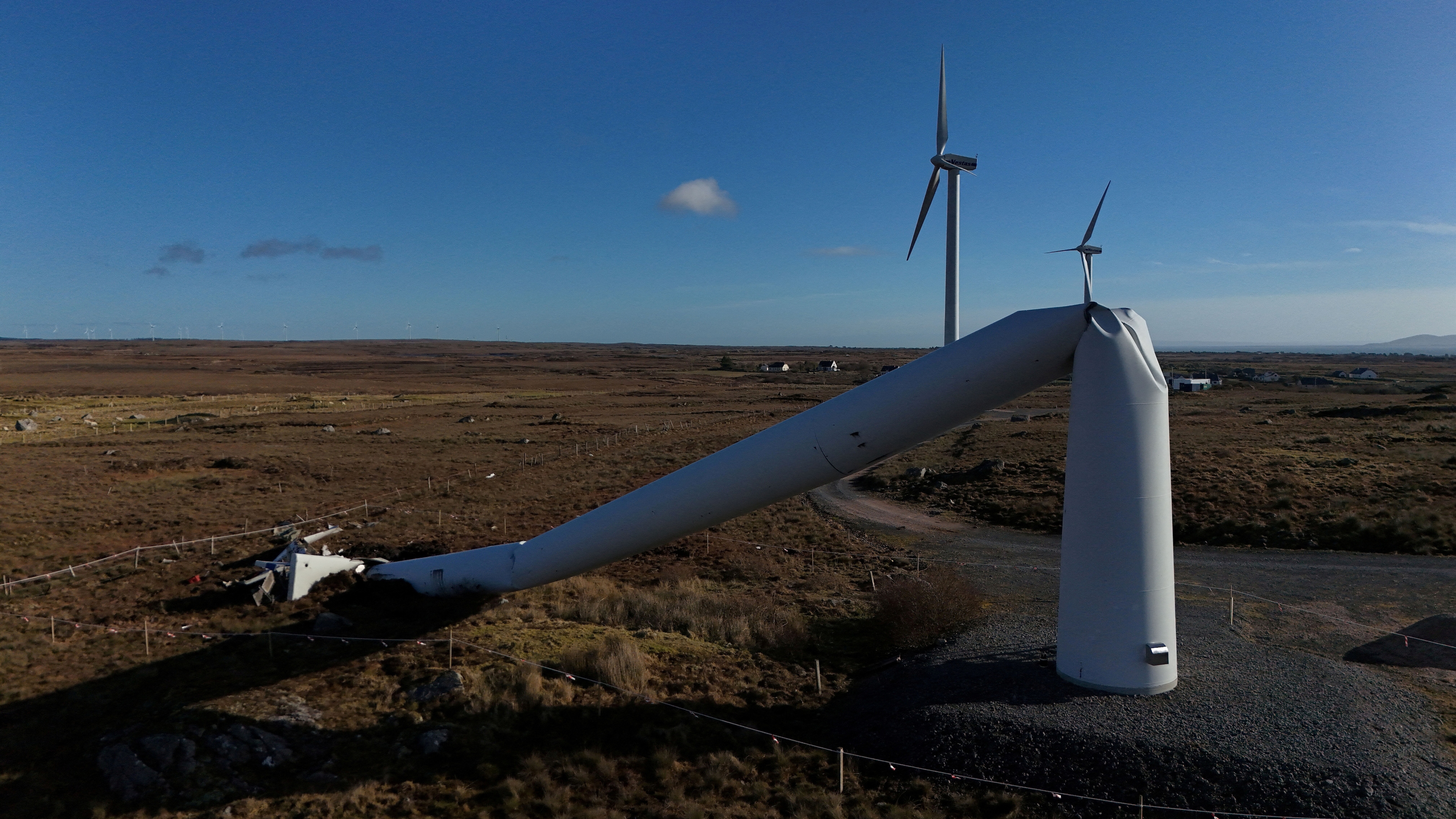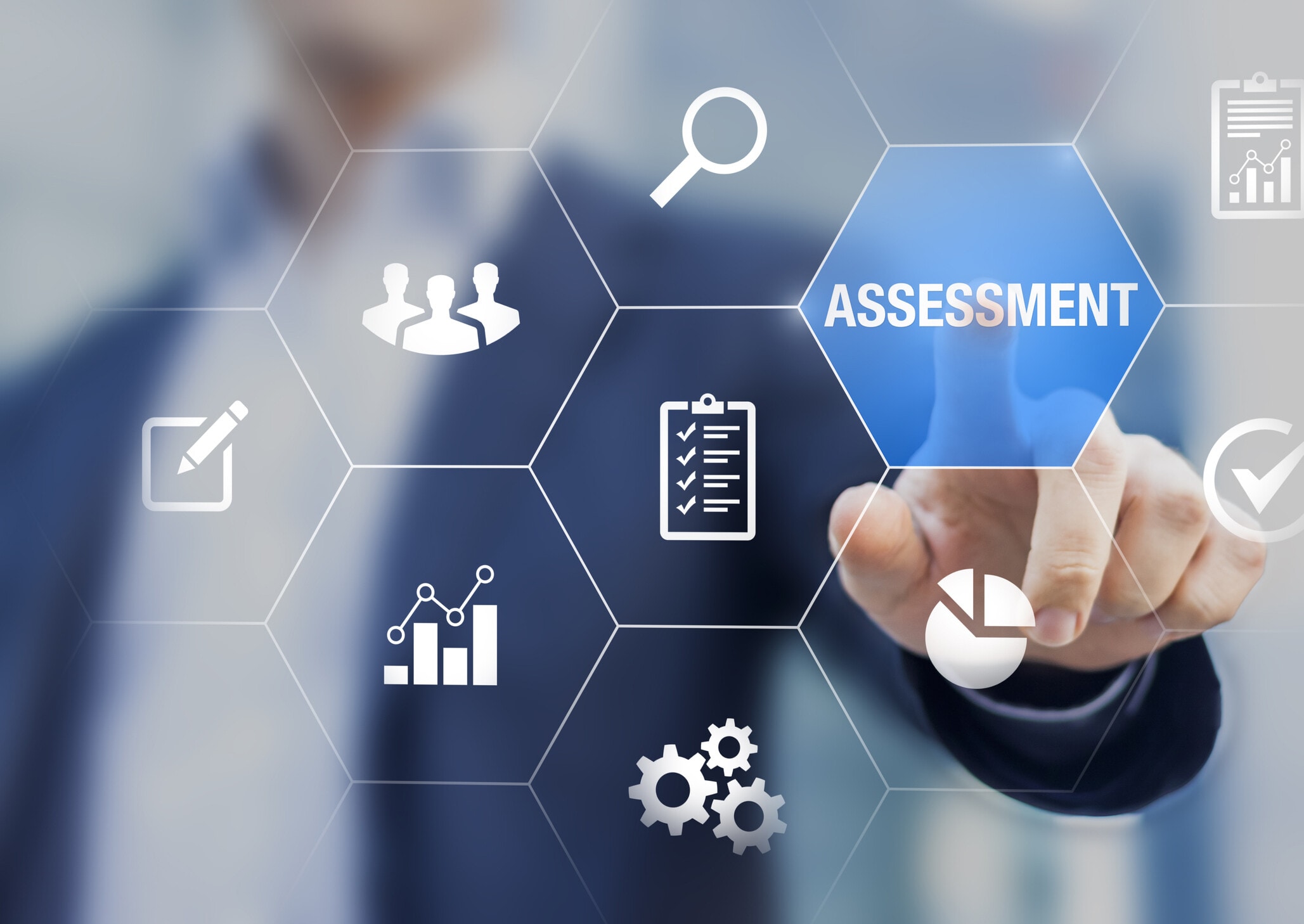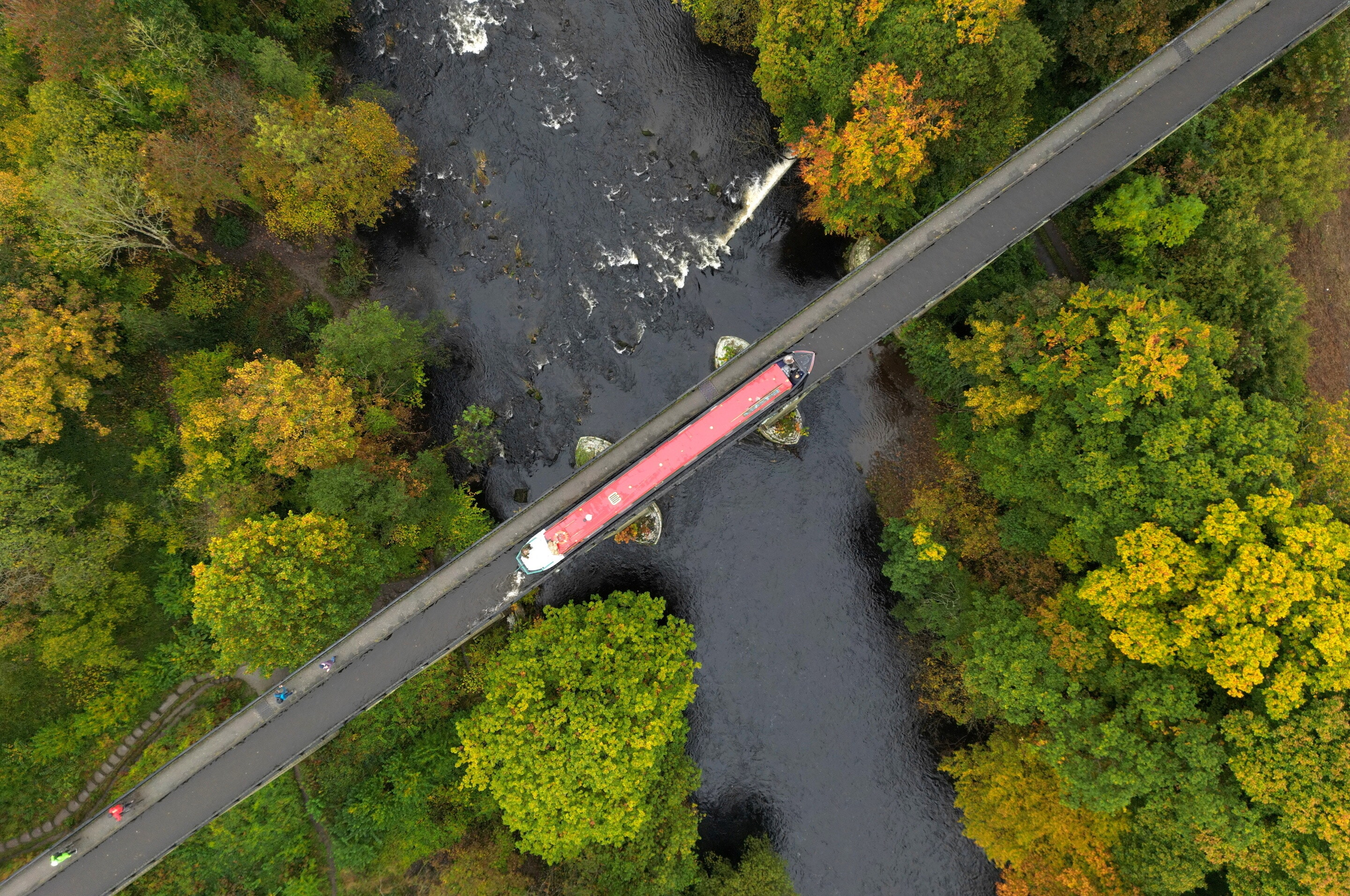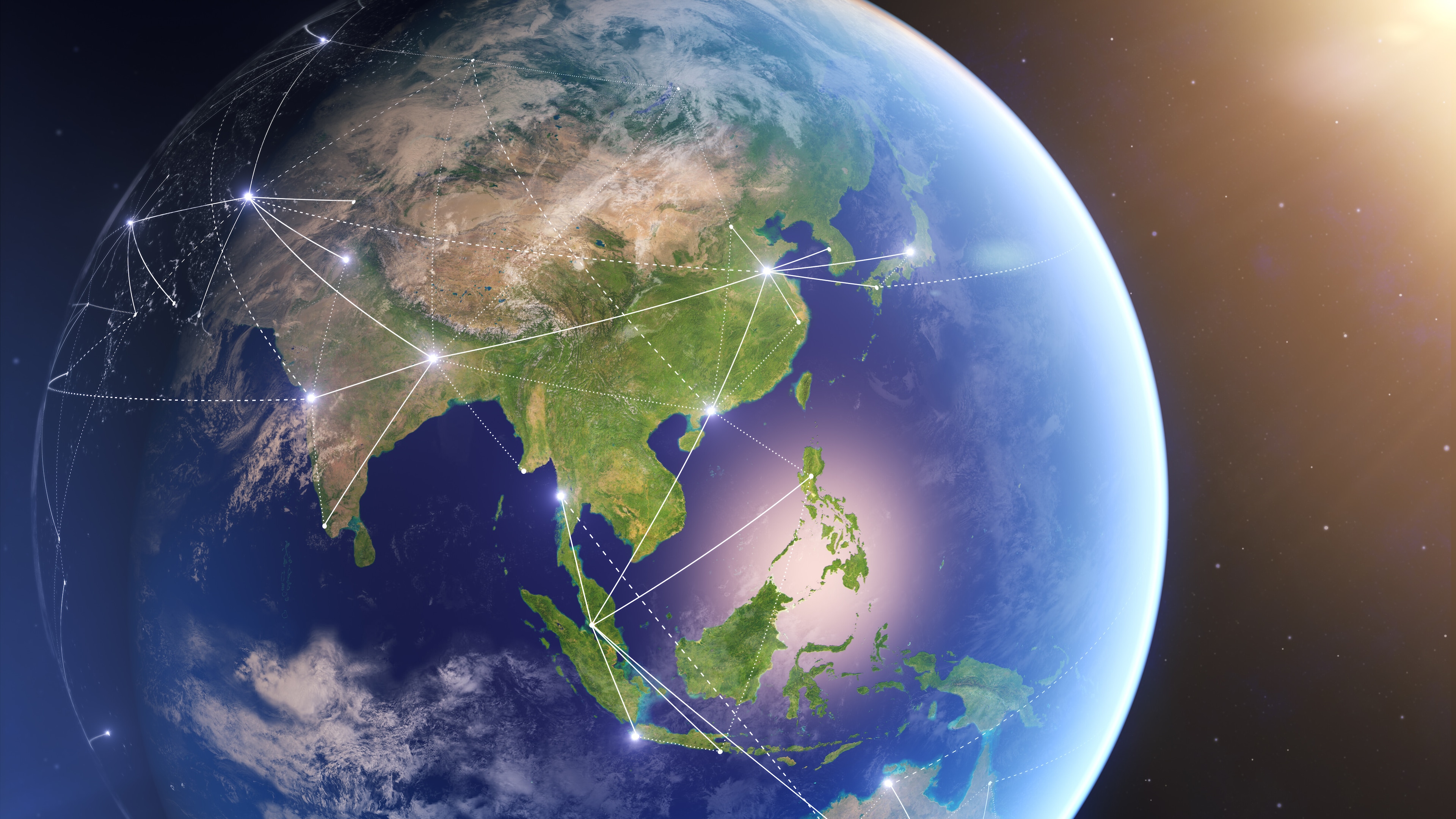Resilience and adaptability are key to navigating today's world. Here's why

Here are four trends that businesses should be aware of in order to be adaptable and build resilience.
Image: Getty Images/iStockphoto
Stay up to date:
Geopolitics
- The world has seen disruption on the geopolitical, climate and technology fronts over the the past few years.
- This poses challenges for businesses, most of which perform best under stable market and political conditions.
- Here are four trends that businesses should be aware of in order to be adaptable and build resilience.
If there is one takeaway from the turbulence we have seen in the past few years, it’s that the world is not set to revert to “normal”, at least as we came to know it in recent decades.
On the geopolitical, climate and technology front, disruption is increasing. Trust is decreasing. This poses challenges for all of us. It’s certainly the case for businesses, most of which perform best under stable market and political conditions.
Change creates opportunities – to grow and to do things better. The challenge is in how you respond. Our view is that to navigate this new world, businesses will need to be increasingly adaptable and resilient. They will have to work to retain the trust of key stakeholders and be disciplined and bold about developing a view of where they think the world is headed.
Here are four key trends that we believe will define the business environment going forward. Simply adapting to these trends will be essential. For businesses able to go a step further and seize the opportunities that emerge from these changes, there will be outsized rewards.
1. The end of hyper-globalization
The past three decades provided favourable conditions for businesses looking to optimize their operations on a global scale. This trend of accelerating global interconnectedness – characterized by freer trade and capital and labour mobility – appears to be ending.
While the US and China remain deeply integrated, the world’s two largest economies are working to reduce their economic interdependence in areas they deem critical to national security, notably the manufacturing of advanced technologies.
As this plays out, other countries and businesses will look to de-risk their own supply chains and make them more resilient. These actions could sustain upward pressure on inflation and therefore interest rates for a longer period of time.
Globalization led to lower costs for businesses and lower prices for consumers. In a world where the cost of capital is higher and the options for where to invest have changed, businesses will face complex choices. It will be important for leaders to understand where the biggest risks lie and to be able to spot opportunities arising from these realignments.
2. The politicization of the marketplace
Another force is the increased politicization of the marketplace, and it is linked to waning hyper-globalization. The rivalry between major powers has intensified. Armed conflicts threaten to further destabilize the world order.
Indeed, more than two-thirds (69%) of investors are more concerned about geopolitical instability than they were a year ago, according to an IPSOS study of 900+ global investors conducted for Ontario Teachers’ in the autumn of 2023.
Geopolitical realignments can weigh on foreign direct investment (FDI). China experienced this in the third quarter of 2023 – with an important gauge of FDI showing an outflow for the first time in 25 years. Countries can weaponize their economies as a foreign policy tool, hitting businesses and governments in unexpected ways.
The politicization of the marketplace is also happening on a domestic level in the form of increasing polarization. We are seeing calls for companies to take a public stance on divisive issues or to deploy capital to support government priorities. For businesses, it will be key to successfully articulate a clear vision and sound strategy in the face of these pressures, and to retain the trust of key stakeholders.
3. The evolution of sustainability
At the COP28 climate summit in December, almost 200 countries agreed to transition away from fossil fuels. The historic (if controversial) agreement underscores how much of the impetus for the transition to a low-carbon energy system is being driven by government policy.
Major economies including the US and the European Union are helping to finance the energy transition. And even as carbon-reduction action gains momentum, more attention is being paid to biodiversity loss, which is both a consequence of climate change and a contributing factor.
The number of businesses aligning themselves to a low-carbon future is growing. More than half (57%) of investors plan to increase their focus on sustainable investments, the IPSOS study showed.
Accept our marketing cookies to access this content.
These cookies are currently disabled in your browser.
Supporting the transition will open up investment opportunities related to the scaling up of renewable technologies, infrastructure modernization, mass electrification and more. On a broader scale, managing businesses to achieve a positive environmental impact is now seen as the right thing to do, not just for the world but for business itself.
The transition will be bumpy. While businesses face pressure to exit certain sectors, integrating clean technologies into the global economy is likely to be expensive and disruptive. Businesses will have to navigate these pressures as they seek out opportunities to advance sustainability.
4. The rapid rise of artificial intelligence
Another development that has the prospect of making a lasting impact on businesses is the rise of artificial intelligence (AI). In the past year, we have witnessed a rapid acceleration both in AI’s capabilities and its adoption.
Businesses are already using AI to enhance their productivity and improve their predictive powers, and this is set to increase as they seek to drive better results. While it is clear that AI could impact jobs in a variety of ways, the companies in our own portfolio are using AI as a way to augment their employees’ capabilities and better serve their customers.
How is the World Economic Forum improving trade for more resilient societies?
The world’s top AI scientists appear split on the ultimate impact of AI. Amid this uncertainty, some countries are moving to tighten oversight of the technology. The EU in December agreed to a comprehensive framework that aims to regulate AI while continuing to foster innovation.
Given we are likely to see much change in this technology segment, the challenge for business will be how to look past the hype and determine the best use cases for AI, while minimizing any risks it could pose.
Don't miss any update on this topic
Create a free account and access your personalized content collection with our latest publications and analyses.
License and Republishing
World Economic Forum articles may be republished in accordance with the Creative Commons Attribution-NonCommercial-NoDerivatives 4.0 International Public License, and in accordance with our Terms of Use.
The views expressed in this article are those of the author alone and not the World Economic Forum.
Related topics:
Forum Stories newsletter
Bringing you weekly curated insights and analysis on the global issues that matter.
More on BusinessSee all
Jan Oliver Schwarz and Katharina Kleine
August 12, 2025
Elizabeth Henderson and Daniel Murphy
August 8, 2025
António Costa
August 6, 2025
Mauro Gianni and Isidora Kosta
August 4, 2025
Charlotte Degot
August 4, 2025
Li Dongsheng
July 31, 2025
